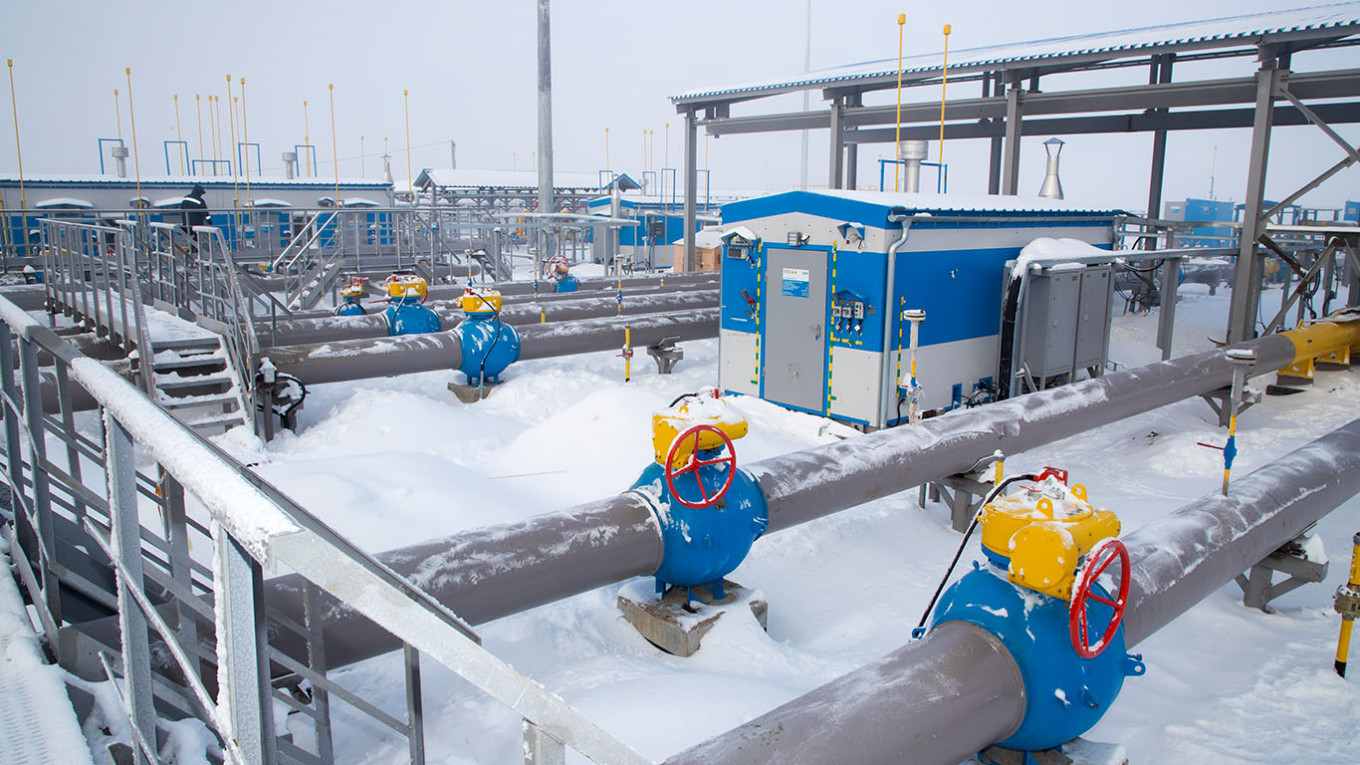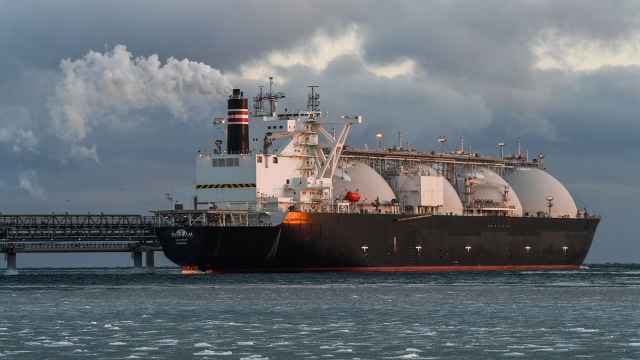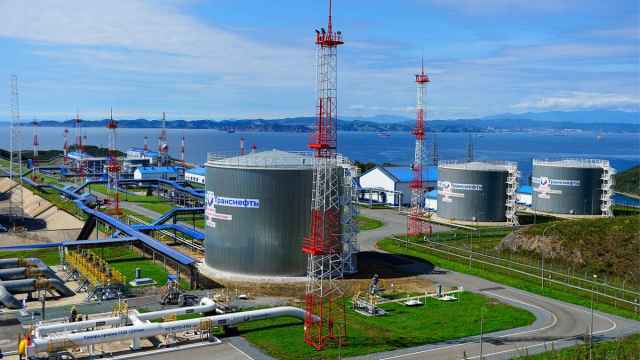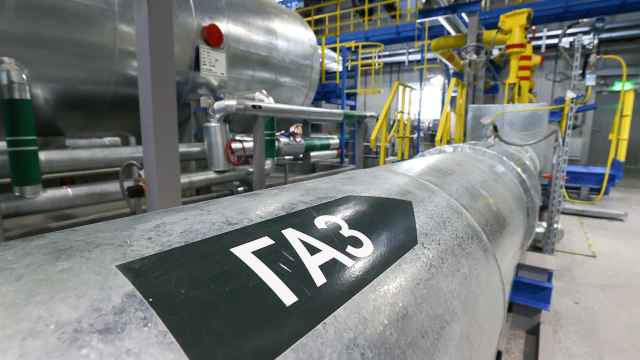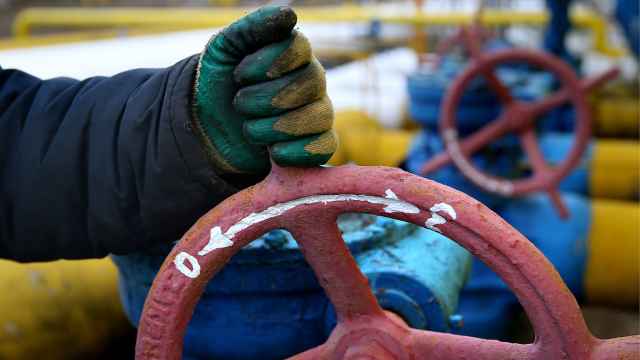Brussels on Tuesday unveiled a long-promised plan to phase out its remaining gas imports from Russia by the end of 2027, which has so far presented a significant challenge given Europe's continued dependence on Russian fossil fuels.
"Today, the European Union sends a very clear message to Russia: no more, no more, will we permit Russia to weaponise energy against us," EU energy chief Dan Jorgensen said as he detailed the measures.
The European Commission's two-step plan would put an end to new contracts and existing short-term spot contracts with Russian suppliers by the end of 2025. All remaining imports would be banned by the end of 2027.
"No more will we allow our member states to be blackmailed. No more will we indirectly help fill up the war chest in the Kremlin," Jorgensen told a news conference.
The EU enacted a ban on Russian oil in late 2022 in response to Moscow's full-scale invasion of Ukraine, and it has since sought to wean itself off Russian gas supplies.
Although imports via pipeline have fallen sharply, several European countries have increased their purchases of Russian liquefied natural gas (LNG), transported by sea, and the bloc now wants to turn the tap off completely.
Russia still supplies 17% of the bloc's gas, EU data shows, and as much as 19%, according to the Institute for Energy Economics and Financial Analysis (IEEFA).
To do without Russian energy, "the guiding principle is diversification," European Commission chief spokeswoman Paula Pinho said last week.
Phasing out Russian supplies would pave the way for Europe to buy more LNG from the United States, something both Brussels and Donald Trump have floated as a way to resolve the standoff sparked after the U.S. president targeted European exports with tariffs.
EU trade chief Maros Sefcovic told the Financial Times that the dispute with Washington could be resolved "very quickly" through LNG and soybean purchases as a way to reduce the 27-country bloc's trade surplus with its U.S. partner.
The United States is already the bloc's largest LNG supplier, making up 45.3% of the market.
European officials acknowledge that phasing out Russian energy is easier said than done, as some member states are more dependent on Moscow's LNG than others, while others like Hungary have relatively warm ties with the Kremlin.
France, for example, would face a heavier impact from any move away from Russian LNG since it has five terminals for its delivery in Europe.
France increased its Russian LNG imports by 81% between 2023 and 2024, giving Russia 2.68 billion euros ($3 billion) in income, according to the Institute for Energy Economics and Financial Analysis.
The commission's plan, which still needs approval from member states, was delayed as Brussels waited to see whether talks between Russia and the United States yielded a deal to end the Ukraine war.
The EU executive has highlighted its efforts to reduce dependence on Russian fossil fuels since the 2022 invasion.
Over a few years, "we went from 45% of our gas imports coming from Russia, down to 18%. We went from one-in-five barrels of oil down to one-in-fifty, a tenfold reduction," EU chief Ursula von der Leyen said last month.
But, she admitted, "we all know that there is so much more to do."
A Message from The Moscow Times:
Dear readers,
We are facing unprecedented challenges. Russia's Prosecutor General's Office has designated The Moscow Times as an "undesirable" organization, criminalizing our work and putting our staff at risk of prosecution. This follows our earlier unjust labeling as a "foreign agent."
These actions are direct attempts to silence independent journalism in Russia. The authorities claim our work "discredits the decisions of the Russian leadership." We see things differently: we strive to provide accurate, unbiased reporting on Russia.
We, the journalists of The Moscow Times, refuse to be silenced. But to continue our work, we need your help.
Your support, no matter how small, makes a world of difference. If you can, please support us monthly starting from just $2. It's quick to set up, and every contribution makes a significant impact.
By supporting The Moscow Times, you're defending open, independent journalism in the face of repression. Thank you for standing with us.
Remind me later.


